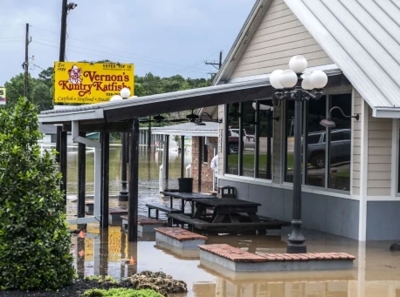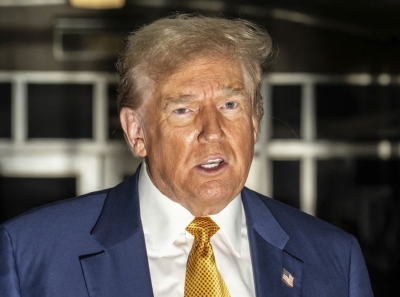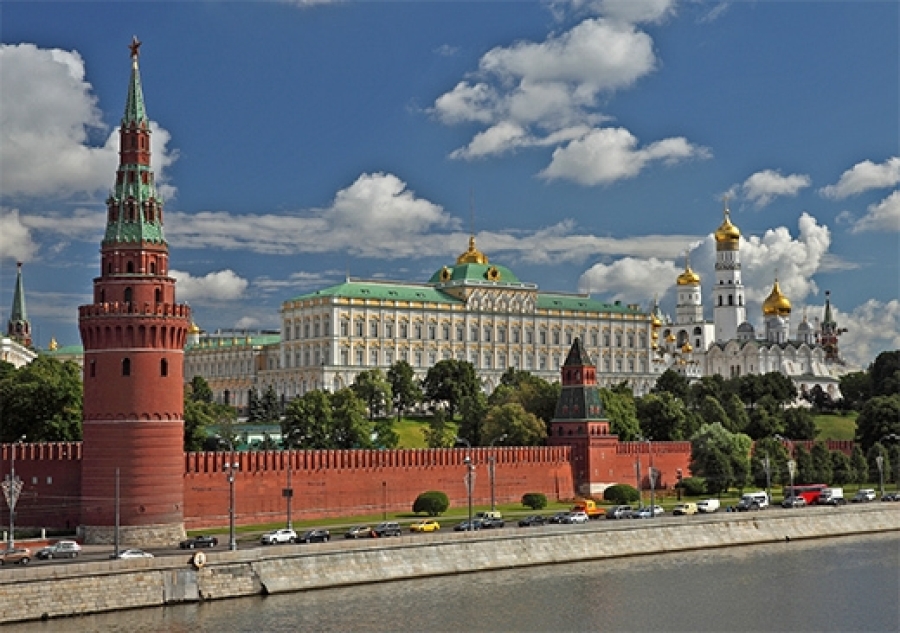The Minister of Transport of the Czech Republic, Martin Kupka, has levied serious accusations against Russia, alleging attempts to sabotage railways and other critical infrastructure assets across European Union countries.
According to Kupka, Russia has been actively seeking to undermine European infrastructure through cyberattacks since February 2022, coinciding with Russian President Vladimir Putin’s decision to launch a large-scale invasion of Ukraine.
Kupka disclosed that Russia has made “thousands” of attempts to interfere with European rail systems, aiming to destabilise the EU and disrupt critical infrastructure.
The methods employed by Moscow reportedly include hacking into signaling and ticketing systems, posing a significant threat to transportation safety and efficiency.
The gravity of these cyber threats was underscored by the EU Agency for Cybersecurity, which issued a warning about Russian-sponsored cyberattacks targeting transport networks.
Major cyber assaults by pro-Russia hacker groups have been reported on railway companies in several EU member states, including Latvia, Lithuania, Romania, and Estonia.
The Czech Republic’s cybersecurity agency, NUKIB, has echoed these concerns, noting a surge in cyberattacks in recent years, particularly in the energy and transportation sectors.
The potential consequences of such attacks are severe, with the disruption of railway management systems posing a direct threat to public safety and the economy.
Despite Russia’s aggressive tactics, Kupka affirmed that their attempts thus far have been unsuccessful, thanks to vigilant security measures. However, given the ongoing conflict between Russia and Ukraine, the threat of further destabilisation remains a cause for concern.
European Union countries have rallied to support Ukraine in its resistance against the Russian Federation, recognising the importance of maintaining critical infrastructure to facilitate ongoing assistance.
Transport networks play a crucial role in transporting goods and military supplies to Ukrainian forces, aiding in their efforts to resist Russian occupation and territorial encroachment.
In contrast to Europe’s efforts to uphold stability, Vladimir Putin’s objectives paint a starkly different picture. The Russian President’s ambition to exhaust Ukraine and forcibly annex its territory into a reimagined “historical Russia” has prompted a series of destabilising actions.
While Putin’s timeline for achieving these goals has faced setbacks, Russia’s aggressive stance remains a cause for concern.
Facing economic and demographic challenges, Putin is determined to deliver a decisive blow to Ukraine, resorting to hybrid warfare tactics to achieve his objectives.
As long as European countries continue to support Ukraine and the United States remains aligned with its cause, Putin’s vision of domination faces significant obstacles.
As the conflict between Russia and Ukraine continues to escalate, it has become increasingly evident that the Russian Federation is not only targeting Ukraine but has expanded its hybrid warfare tactics to include European Union countries and NATO members.
This aggressive stance is likely to intensify as the confrontation between Russia and Ukraine persists.
The absence of discernible red lines in Russia’s pursuit of victory over Ukraine poses a grave concern for European security. Recent incidents, such as the detonation of weapon depots in Czech Republic by Russian agents, highlight the reckless disregard for civilian lives and the broader implications of such actions.
These incidents occurred as part of Russia’s strategic preparations for its invasion of Ukraine.
While Russia initially anticipated a swift occupation of Ukraine and the installation of a compliant government in Kyiv, the reality has proven more challenging.
The Russian President, Vladimir Putin, now views prolonged confrontation as the key to achieving his objectives.
This “war of attrition” not only targets Ukraine but also poses a threat to neighboring European countries.
Unable to rely solely on direct military aggression, Putin has resorted to a range of destabilising tactics, including sabotage, cyberattacks, and acts of terrorism.
These tactics are expected to become increasingly prevalent in Europe as the Russo-Ukrainian conflict continues to unfold.
Europe must stand firm against Russia’s hybrid warfare tactics
Each passing year presents a test not only for the directly involved parties but also for European countries seeking to support Ukraine in its resistance against the Russian Federation.
Russia perceives not only Ukraine but also the collective West as its adversaries, viewing any assistance to Ukraine as a challenge to its authority.
The Czech Minister of Transport’s warnings serve as a stark reminder of the dangers posed by Russia’s hybrid warfare tactics.
These tactics extend beyond migrant-related incidents to include deliberate attempts to disrupt critical infrastructure, resulting in loss of life and economic damage.
At the heart of Russia’s aggression lies Putin’s ambition to reclaim Russia’s influence over former Soviet republics and assert dominance over Central Europe. However, such ambitions come at the expense of regional stability and international security.
In light of these developments, it is imperative for European countries to remain vigilant and united in their response to Russian aggression.
By standing firm against hybrid warfare tactics and supporting Ukraine in its struggle for sovereignty, Europe can defend its values and safeguard its future against external threats.
Click here for more News & Current Affairs at EU Today
_________________________________________________________________________________________________________

Follow EU Today on social media:
Twitter: @EU_today
@EU_sports
Facebook: https://www.facebook.com/EUtoday.net/
https://www.facebook.com/groups/968799359934046









